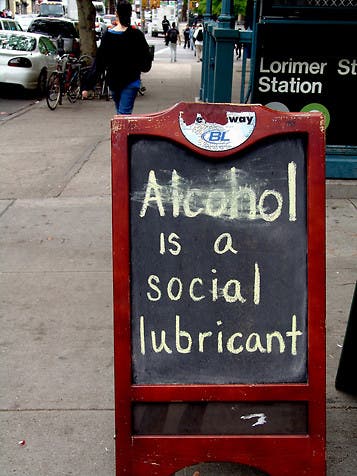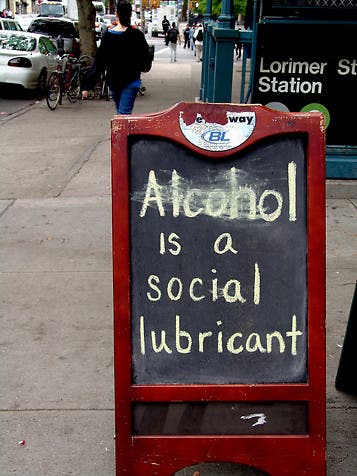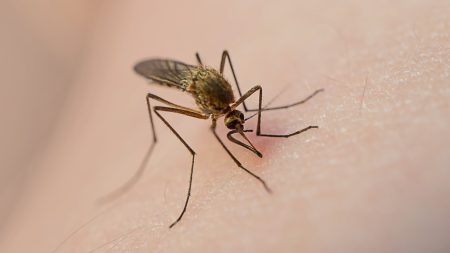The effects alcohol has on our brain are still not perfectly understood, and the general opinion and even some studies are biased because… well, generally speaking, alcohol is bad for you, and we tend to forget that students drink, teachers drink, scientists and artists drink. But according to a study conducted by the Waggoner Center for Alcohol and Addiction Research at The University of Texas at Austin, it may not be all bad: drinking alcohol causes certain areas of our brain to learn and remember better.

“Usually, when we talk about learning and memory, we’re talking about conscious memory,” says Morikawa, whose results were published last month in The Journal of Neuroscience. “Alcohol diminishes our ability to hold on to pieces of information like your colleague’s name, or the definition of a word, or where you parked your car this morning. But our subconscious is learning and remembering too, and alcohol may actually increase our capacity to learn, or ‘conditionability,’ at that level.”
Morikawa’s study found that repeated ethanol exposure enhances synapticgo plasticity in a key area in the brain, which basically helps you learn and remember some things better. When you drink alcohol (or take cocaine or heroine, for example), the subconscious is learning to take more and more, and it wants more and more, but it doesn’t stop there. We become more and more receptive to subconscious memories and habits with respect to food, music, even people and social situations.
If you take alcoholics, they aren’t addicted to the pleasure and relief they get with drinking alcohol; it’s the environmental, behavarioral and social changes they want so badly and which trigger dopamine release in the brain.
People commonly think of dopamine as a happy transmitter, or a pleasure transmitter, but more accurately it’s a learning transmitter,” says Morikawa. “It strengthens those synapses that are active when dopamine is released.”
But hey, don’t go shouting off to your friends that alcohol is good for you; just tell them that… maybe it’s not necessarily as bad as everybody things.









